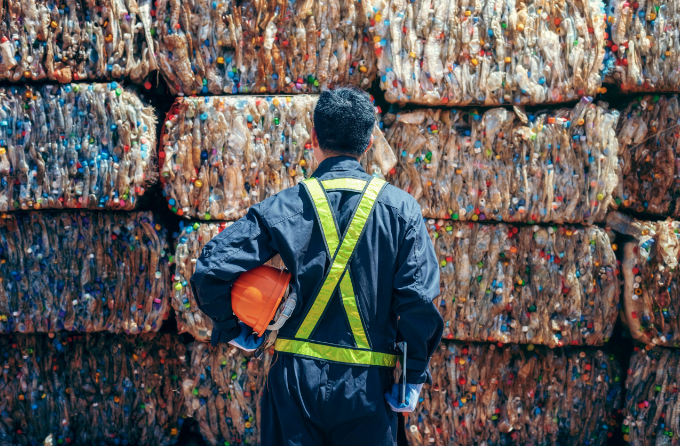Innovation, investment in staff, and strategic internationalisation key to success
Omni-Plus System (OPS), a Singapore-based plastics manufacturer, made history in June last year by becoming the first local company to list on the Tokyo Stock Exchange (TSE). For the company’s founder and CEO, Marcus Neo, expanding globally has been a pivotal element of its success. “In our business, scalability is essential,” Neo shared with The Business Times. “When we develop a new product, we don’t limit ourselves to one market. We make the world our marketplace.”
OPS supplies raw polymer materials to manufacturers in diverse sectors, including electronics, automobiles, and consumer appliances. Their decision to list on the TSE was strategically aimed at facilitating expansion in Japan, home to numerous technology giants and component suppliers.
This global focus has been a driving force behind OPS’s impressive growth. Founded in 2002 with just two employees, including Neo, the company has evolved into a regional powerhouse with nearly 200 staff across eight countries, including Japan, China, and Thailand. Its international presence has allowed it to remain adaptable and seize new opportunities, such as supporting multinational companies with their supply chains during the Covid-19 pandemic.
Despite the pandemic’s challenges, OPS achieved a compound annual growth rate of 26% from 2016 to 2021. In the 2021 financial year alone, its revenue increased by 30%, reaching US$249.6 million (S$345.9 million).
Globalisation Through Innovation
Entering new markets has become second nature for OPS, although its initial foray into China in 2002 was far from smooth. The outbreak of SARS in 2003 disrupted logistics and introduced travel restrictions, forcing the company to adapt quickly. “We created detailed spreadsheets as our early form of digital tracking, which helped us manage equipment movement amidst the chaos,” recalled Neo.
In the years since, OPS has honed its global expansion strategies, often relying on expert guidance. The company has leveraged the resources of Enterprise Singapore (EnterpriseSG) to navigate new markets efficiently. Neo credits the agency’s support as crucial in achieving OPS’s listing on the TSE, especially given the logistical hurdles of the Covid-19 crisis.
Commitment to Innovation and Staff Development
In line with its expansion efforts, OPS has made substantial investments in innovation and staff development. In 2018, the company partnered with the Agency for Science, Technology and Research’s (A*Star) Institute of Materials Research and Engineering and EnterpriseSG to set up an engineering centre in Singapore, housing a materials database of over 500 formulations to streamline product development.
As interest in electric vehicles (EV) continues to rise, OPS is exploring opportunities within this market, collaborating with an A*Star start-up to develop a lightweight, safer coating material for EV parts, with plans to launch it in 2025.
OPS is also keen to expand into new industries, targeting sectors such as construction, 5G communications, and EVs, all of which require advanced materials. Through its participation in EnterpriseSG’s Scale-up SG programme, OPS has refined its strategies to scale effectively and has identified potential acquisition targets in Vietnam and Thailand.
Building for the Future
The company is also focused on succession planning, ensuring its continued success by nurturing the next generation of leaders. During the Scale-up SG programme, OPS executives underwent training to assess their strengths and areas for improvement, supporting their leadership development as the company grows.
OPS also prioritises training across all levels, with a particular focus on upskilling junior staff in areas such as material science, big data analytics, and advanced Excel functions. Additionally, the company has partnered with universities to attract talent and build a pipeline of future employees.
Looking back, Marcus Neo acknowledges the value of investing in staff and internationalisation. “When the pandemic disrupted supply chains, we were able to step up and help multinational companies because of our global presence,” he said. “Our international offices allow us to adapt quickly and meet evolving customer needs, which is key to staying competitive in today’s market.”








